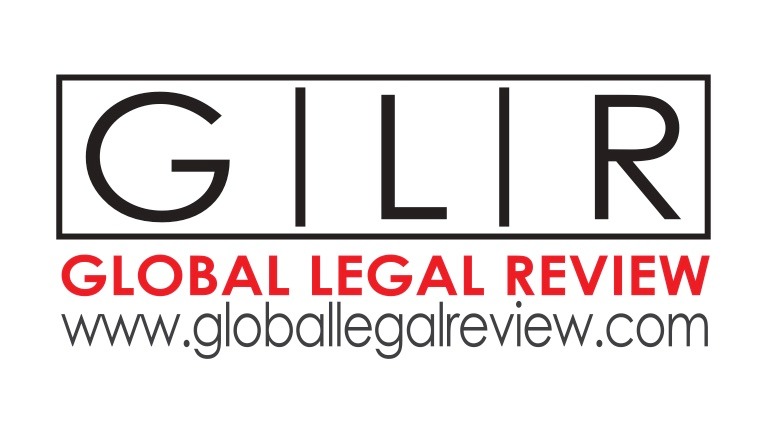
In contemporary times, the usage of the term “rule of law” has become ever more prevalent. The conception of rule of law is presently one of the most imperative political philosophies. The origin of the refined idea of the rule of law can be traced back to the time of Aristotle. He was of the view that a king who rules, strictly following the law and does not considers himself above the law; is far more superior to the king who rules arbitrarily, which means rule by discretion and treating each case subjectively.
Having said that, there exists no specific definition for the rule of law as its meaning may differ in different countries and legal traditions across the globe. Fundamentally, the enforcement of the rule of law in any country is meant to make sure that no citizen of that country will be subjugated to the subjective and abusive powers of the government or any of its officials, thus safeguarding the basic rights of its citizens according to a comprehensibly defined law. Without establishing the rule of law in its true spirit, the country’s endeavors to shift from limited access order to open access will go unsuccessful.
Historically, every society has experienced the evolutionary process in all its dimensions. In medieval times, when societies used to live in tribes, there was a concept of old wise men. The old wise men ought to have certain characteristics i.e. experience and wisdom. Any dispute or conflict in the society would be taken to an old wise man or to the group of old wise men. These groups had different names in different cultures and in many countries, this system still exists. What these old wise man or men would do is to take the decision on the basis of experience, wisdom, customs, and principles of equity. Whenever a dispute arose between parties and taken before the old wise man/men, he would listen to the dispute and after a detailed hearing from the parties involved, a law would be formulated at the moment. Now, the problem with the system of old wise men was that law would be formulated after an action has taken place, which in law is known as the retrospective effect. But according to the modern human rights regimes, laws ought to be prospective in nature, which implies that laws have to made first and then applied.
In that type of settings in society, many things would often mix up with each other. For example, the one (old wise man) who would do the trial, would also investigate it, and eventually adjudicate too on the basis of his experience and wisdom. Obviously, the customs and traditions would be of primary importance is such settings. Now, there are few things about the law which should be understood.
Most importantly, law-making should only be done by lawmakers, in other words, parliament should have the supreme authority over legislation. Secondly, according to the modern concepts of rule of law, laws should be according to already established principles by the human rights regimes. So, this means that if there is a law anywhere in the world and it is not according to the principles of human rights regimes, but implemented very effectively cannot be included in the conception of rule of law. The international human rights regimes include but are not limited to the Universal Declaration of Human Rights (UDHR 1948), International Covenant on Civil and Political Rights (ICCPR 1966) and International Covenant on Economic, Social and Cultural Rights (ICESCR 1966). The principles devised by the aforementioned international human rights regimes basically imply that simply to apply the law is not a rule of law; firstly, the law has to be accurate in its own essence.
Furthermore, it is pertinent to note the difference between legislation and law is crucial to understand the concept of rule of law. The law can simply be defined as a body of abstract rules of justice that binds a society together. In medieval societies, the law was considered to be fixed by an authority – higher than any legislator, either by divinity, nature or by long-established norms. Legislation, on the contrary, refers to what is at present day termed as positive law. Positive law is defined as one of the primary functions of political power i.e. the capability of the monarch, chief executive, legislative body or a chieftain to make and implement new laws based on a blend of power and authority.
Summing it up, if the pre-existing body of law is held supreme over the new legislation taking place, only then we can say that rule of law does exist in a society. This implies that those who hold political power also feel bound by the law. This does not mean the individuals holding legislative power cannot formulate new laws, but if they are to work under the rule of law, then they must legislate according to the already existing set of rules and not by their own free will.











